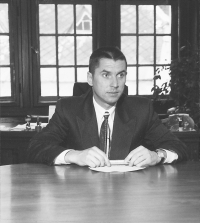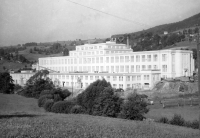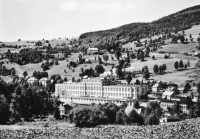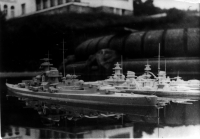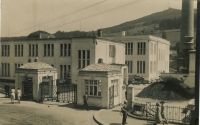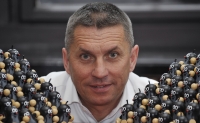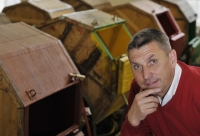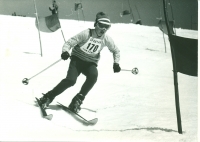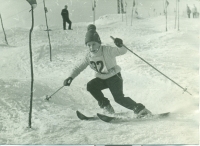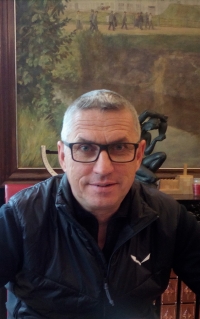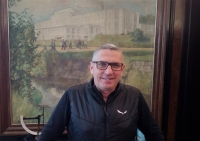The war turned the toy factory upside down. Her products were killing

Download image
Jaroslav Zeman was born on March 29, 1959 in Jablonec nad Nisou. His grandparents and parents had a farm in Jesenné near the Krkonoše Mountains. They represented kulaks for the totalitarian regime. After primary school, Jaroslav Zeman graduated from the Secondary School of Applied Arts in Jablonec nad Nisou. He skied competitively. He spent his military service in Dukla Čáslav. In 1984 he joined the Tofa Albrechtice factory. After November 1989, he worked for a year and a half in Germany. In 1992, he submitted a competitive privatization project to the Tofa factory, succeeded and became the owner of the company. He still owned it under the new name Detoa in 2020. He founded a museum in the factory in 2011, which contains a number of exhibits pointing to the German-Czech history of the factory. It survived Austria-Hungary, the First Republic Czechoslovakia, the German Third Reich, totalitarian Czechoslovakia and the period after 1989. Jaroslav Zeman is married, has an older brother and two sons. In 2006, he was elected mayor of Albrechtice in the Jizera Mountains, and a role he still served in 2020. In 2012, he became a senator, and in 2018 he defended his mandate.
